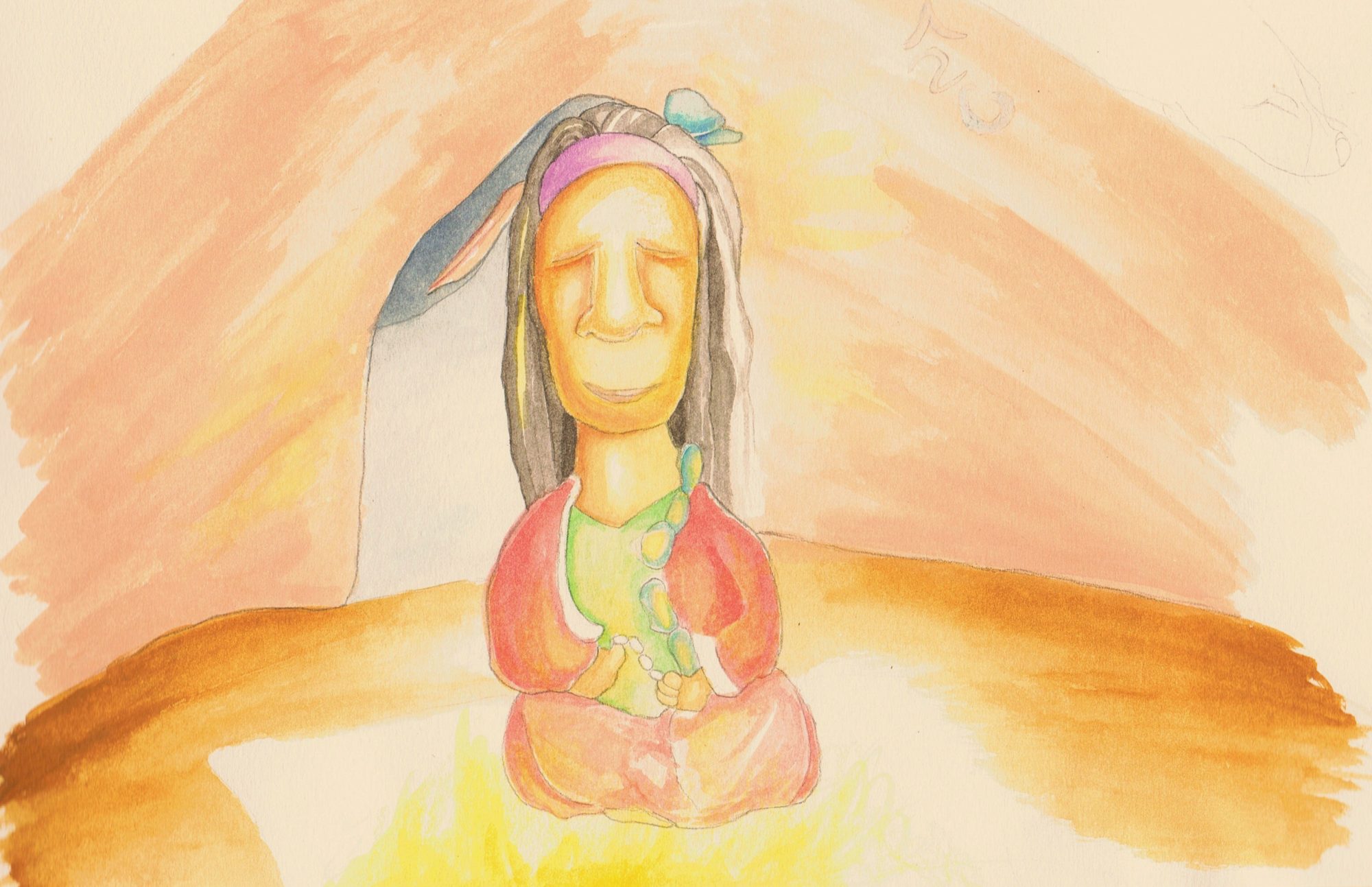Many people fear change. They fear that their life will change for the worst. This belief renders change abhorrent and to be avoided at all costs. The cost of trying to keep life normal can be very high.
Normal life is orderly & controlled. It is driven by the belief that when I keep my affairs in order and under control, everything will be alright. A normal life is living the way other people do, in a chaotic world that is out of control.
It is becoming normal to get dementia in old age. The reality of people who resist change is changing. The one constant in life is change. Life is constantly changing. Nothing in life remains the same forever. Change is unavoidable and the more that I resist it, the more that I resist life. When I resist change, I block the flow of life into my experience. When life stops flowing, it becomes problematic, chaotic and detrimental. When I stop flowing with life, life stops flowing through me. Life is beneficial when I flow with it but it is negative, coarse and detrimental when I go against the flow.
Going with the flow is effortless. Resisting the flow can be either easy or difficult as life can be hard or soft. A soft, easy life is rarely fulfilling and before long becomes hard and difficult to maintain. Life is not easy but it can flow effortlessly, when I allow it to.
A normal perspective is to see dementia as a difficult problem and that is what it is experienced as, a difficult problem. Dealing with dementia is never easy. Difficult problems are hard because there is no evident solution. With no solution to a problem, life is difficult and a continuous toleration, which is a major energy drain.
The prospect of becoming demented is a huge toleration and a major energy drain, especially once it is professionally diagnosed by an expert in mental illness. There are no experts in mental health in our health service. The Health Service serves the sick, not the healthy and its expert practitioners treat mental illness, with little experience of mental health; other than their own. Experts in mental illness treat the symptoms of mental illness. The symptoms of mental health are primarily Happiness & Well-being.
Happiness and Well-being are not exactly symptoms of mental health but are emotional states of being that are attributable to mental health. You cannot go to a mental health service practitioner for a dose of happiness & well-being. Happiness & Well-being promote good health and preserve good health but they are not a cure for illness. Focusing on curing illness is how we preserve illness, not heal it. The remedy for all illness is to be well. When I am ill, it is very difficult to get better and very easy to get worse. I have to be ill to get worse and I have to be well to get better. The more healthy & well that I believe myself to be, the happier I am.
The more that I focus my attention on how happy & well I am, the better I become and the more that I focus my attention on my illness, the worse I get. Happiness & well-being is simple, but it is not easy; though it is effortless. Trying hard to become well always results in failure.
Happiness & well-being flow effortlessly to me in abundance, when I allow them to. It is the nature of happiness & well-being to flow in abundance. When I am happy & well, I am allowing life to flow with abundant health. It is because I allow my health and happiness to flow through me that other people are allowed to share it with me. When I block my happiness & well-being, other people notice that it is not flowing freely through me and see only my sadness and my misery.
Happiness and well-being flow together because they are two perceptions of the same energy vibration. Being frequently well is the mental frequency or my energy vibration and waves of happiness are the length or magnitude of my positive emotion. I have a force of well-being and a magnitude of happiness, which allows my potentially beneficial experience of life.
When my well-being is negative or unwell, it is difficult for me to be happy and when I am miserable and sad it is impossible for me to feel well. It is my mental beliefs that determine my un-wellness and it is my un-wellness that determines my unhappiness.
With dementia, it is possible to forget that one is unwell. In my belief that I am well, there is nothing to block my happiness. Happiness flows with the perspective of wellness; so when I am happy, there is no reason to be ill. Reminding someone that they are ill, blocks their experience of happiness and depresses them with sadness & misery.
Reminding someone of their well-being allows them to connect within, to their own sense of happiness. I cannot make another happy but I can allow them to share my happiness for their emotional state of being well. I may be mentally ill but I can still be emotionally well. You may be mentally ill but I don’t have to resonate in sympathy with you, as that will only make me sad.
The perspective that I have dementia will undoubtedly change my life. My positive perspective of dementia will undoubtedly change someone else’s experience of life. Nobody can imagine being well with dementia but they can imagine themselves being well without it. The experience of life is just a matter of perspective.
